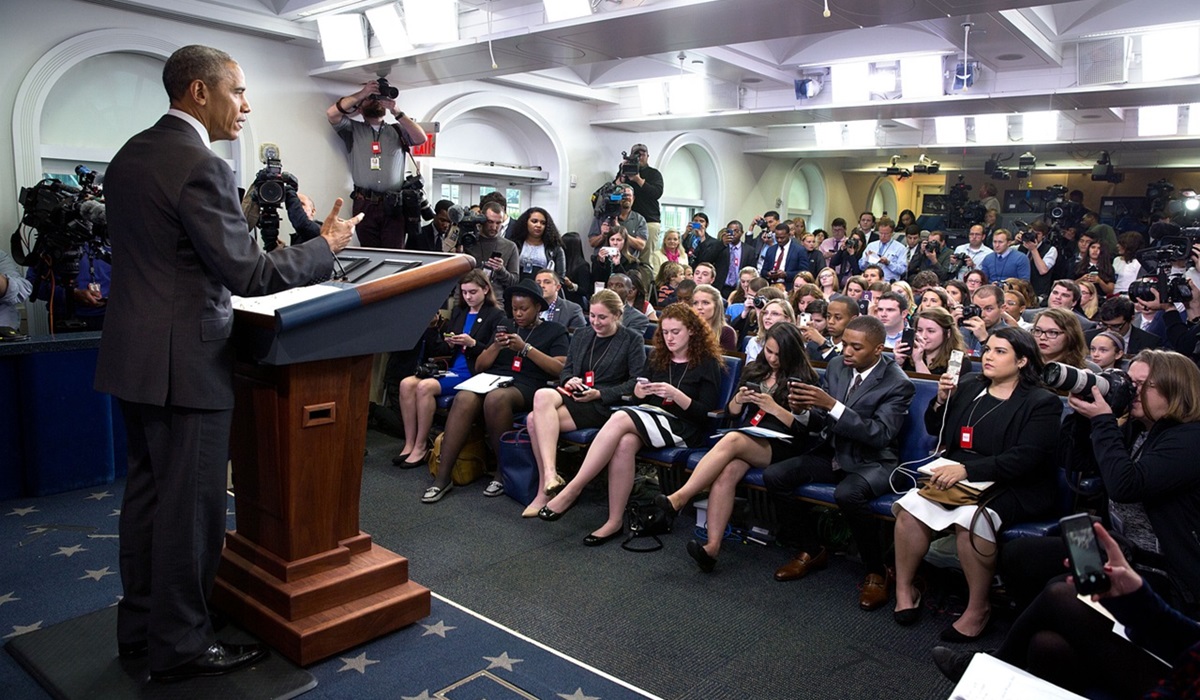Image Credit: Fred Schilling, Collection of the Supreme Court of the United States
The American people are right to be skeptical about the highest court in the land, the US Supreme Court. Just last month, the Court ruled on the case of Snyder v. United States, delivering a 6-3 opinion that has left many Americans questioning the very integrity of this venerable institution. In this case, Snyder, previously found guilty of bribery by lower courts, appealed to the Supreme Court. His argument was audacious: it could not be considered bribery since contracts were awarded prior to receiving any financial gifts. Astonishingly, the Supreme Court concurred, treating these blatant bribes as mere “gratitudes of appreciation.”
This ruling is profoundly significant. It demonstrates a glaring oversight by the Court, which failed to consider that the financial awards were contingent upon the contracts being awarded—an arrangement that many legal experts argue is the very definition of bribery. This decision is alarming in light of the strict limitations placed on members of Congress, who cannot receive gifts worth more than $50, or an aggregate of $100. The Supreme Court, however, operates without such ethical constraints, allowing justices to accept unlimited gifts without repercussion.
Why is this important? Because the US Supreme Court, now with a 6-3 conservative majority, appears to have effectively legalized bribery for elected officials. This decision is particularly troubling given the recent spate of scandals involving justices failing to declare lavish gifts. We are regularly bombarded with reports of justices enjoying luxury trips, cruises, first-class flights, paid-off mortgages, and exclusive golf memberships—all courtesy of billionaire donors tied to political parties.
These justices insist that such gifts do not influence their rulings, yet the pattern of decisions suggests otherwise. Reasonable observers could conclude that the justices are not as impartial as they claim, raising serious concerns about their credibility. In response, Representatives Jamie Raskin and Alexandria Ocasio-Cortez have drafted legislation to curb these excesses. Their proposed High Court Gift Ban Act seeks to align the ethical standards of Supreme Court justices with those of other federal officials, prohibiting them from accepting gifts valued over $50.
However, even this legislative effort faces uphill battles. Ocasio-Cortez has introduced articles of impeachment against Justices Thomas and Alito, but these are largely symbolic. While such measures might pass in the Senate, they are doomed in the Republican-controlled House. The current Supreme Court seems to be crafting rulings that insulate themselves from any accountability, effectively ensuring they remain untouchable lifetime appointees.
To claim the Supreme Court has a credibility problem would be an understatement. The recent ruling in Snyder v. United States is just the latest in a series of decisions that undermine public trust. The introduction of the High Court Gift Ban Act is a step toward restoring some semblance of integrity, but it may be too little too late. The American people deserve a Supreme Court that upholds the highest ethical standards, not one that paves the way for what they are alleging to be legalized corruption.
The skepticism of the American public is not just warranted—it is essential. Without drastic reforms, the Supreme Court will continue to operate under a cloud of questionable ideological rulings, diminishing its role as a fair and impartial arbiter of justice. The time for change is now, and it starts with holding the justices to the same ethical standards as every other public servant in this country.









